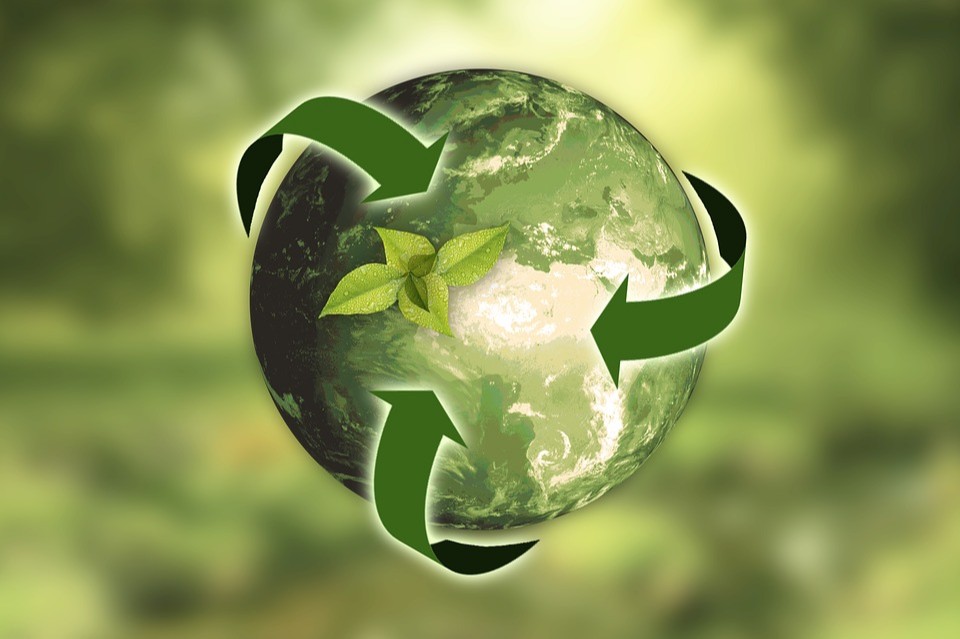
More environmental gains can be made from recycling, for example through an export tax or ban on plastic packaging waste to a number of countries. Increased producer responsibility can improve the recyclability of products. This is evident from the publication of the Netherlands Bureau for Economic Policy Analysis (CPB) 'Policy for more environmental benefit from recycling', which was published on 5 November.
An export tax or ban could be introduced to countries where a large part of their own plastic waste is dumped or dumped. After all, there is a good chance that some of the plastic waste that the Netherlands exports will also be dumped.
Extensive producer responsibility has already been introduced for the recycling of paper and household plastic packaging. The government is also preparing measures to make producers more responsible for the recycling of textiles. The starting point for this should be to ask producers and importers for lower rates for products that are more recyclable, or that partly consist of recycled material.
Another solution to improve recyclability is to increase the amount of deposits. Extending this system to smaller plastic bottles and cans could be socially profitable. Further research into the introduction of deposits is needed to find out whether the benefits of extending this system to other disposable plastic items outweigh the costs. A deposit not only provides an incentive to reduce litter, but the plastic bottles collected can also be used for 'high-quality' recycling.
Incidentally, promoting innovation in products and recycling techniques can also improve recycling (or reduce production costs) and thus generate environmental benefits. Finally, information to households and improved collection methods can improve the quality of recycling. At present, governments often focus on as much recycled waste as possible and less on the quality of that waste.
The costs of recycling household plastic packaging currently outweigh the benefits. An increase in the recyclability of packaging due to extensive producer responsibility, rules in consultation with the industry, innovation and less focus on the quantity of recycled waste and more on quality could change this situation.
The quality of the waste is still a major problem. There is too little recyclable plastic packaging waste and the pollution of textiles and paper is increasing. This is due, for example, to food waste on paper and the regular disposal of residual waste and wet textiles in underground containers. This puts pressure on both the yield and the environmental benefits.
Source: © CPB